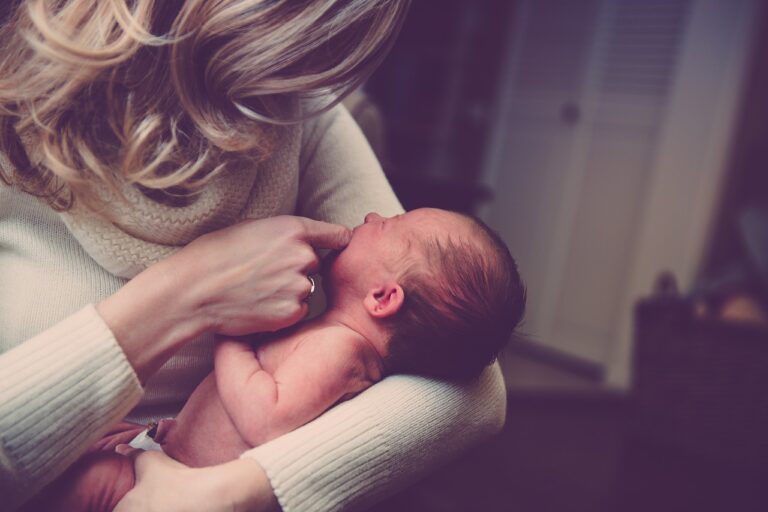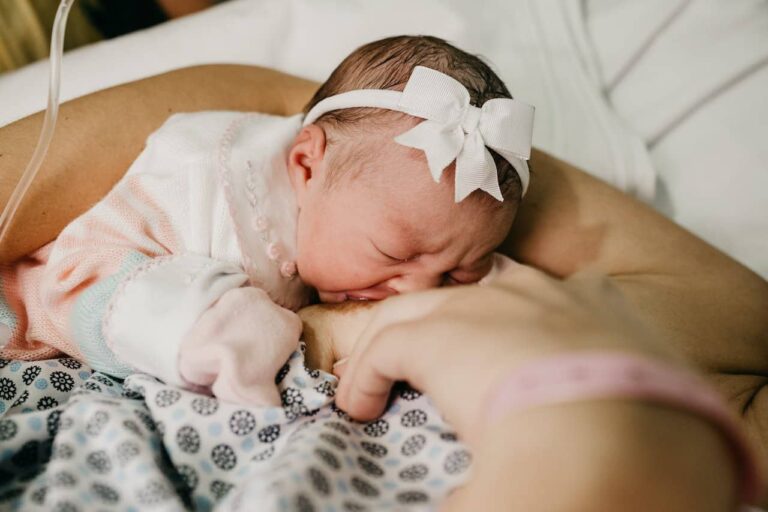Can You Breastfeed with Small Breasts?
Women’s breasts come in different shapes and sizes. Some have fuller breasts, while others are born with flatter and perkier pairs. Many factors affect a woman’s breast appearance, from their family’s genes to their diet and lifestyle.
During pregnancy, your hormones can cause plenty of changes in your breasts. Many mothers-to-be notice their breasts growing in size. The sudden jump in cup size is your body’s way of preparing to accommodate your new baby. The bigger the breast, the more milk supply it can support.
However, some mothers do not experience a significant boost in size during pregnancy. Some moms have smaller breasts even after giving birth, and one concern is whether they can still breastfeed. Fortunately, the answer is a big yes!
Can You Breastfeed with Small Breasts?
Mothers of any breast size can successfully breastfeed their babies. Smaller breasts will not affect your milk supply and how frequently you produce breast milk. While there might be some adjustments that you have to make when you have smaller breasts, that does not mean you are lacking behind women with bigger breasts.
What are those adjustments? With smaller breasts, you will have less storage capacity for breast milk. So you might have to breastfeed more often throughout the day, so your child can reach their required nutrients.
Other moms might also use a breast pump if they are experiencing a low milk supply. You can alternate between breastfeeding and pumping to continuously stimulate milk production.
You will also experiment with different breastfeeding positions to find the most comfortable for you and your baby. You might feel more at home with the V-hold for a smaller cup size.
Remember that having smaller breasts is not a hindrance to your breastfeeding journey. Instead, having smaller breasts should be celebrated like any other breasts sizes. Breast milk is one of the most nutritious foods you can give your baby, so do not avoid breastfeeding, regardless of size.
Why is One Breast Producing More Milk than the Other?
You may notice that your baby has a preference when it comes to breastfeeding. You might see them preferring one breast over the other. But why?
An uneven distribution of milk is a common occurrence for many mothers. Some factors include different sizes of milk ducts per breast or a different letdown speed. It is also not unheard of that your baby prefers one breast over the other.
Breast surgeries, such as implants and reduction, can also affect your milk production. If your surgeon accidentally hits your breasts’ nerves and milk ducts, it can affect how you breastfeed in the future.
Will Breast Implants Help Me Produce More Milk?
Breast implants are there to improve your physical appearance and your self-esteem. However, what breast implants cannot do is improve your milk supply. Although it can make your breasts look fuller, breast implants are not connected to milk production.
However, breast implants should also not hinder your milk production. You can still breastfeed after having a breast enlargement surgery. This depends on the kind of surgery, though, as some implants can directly hit your milk ducts. With that said, you can heal from your surgeries over time.









